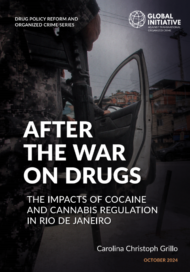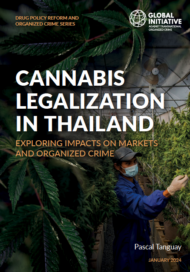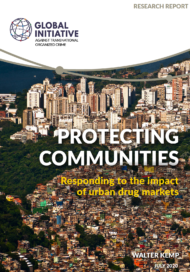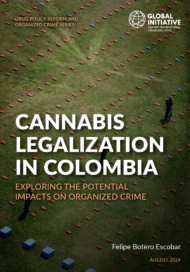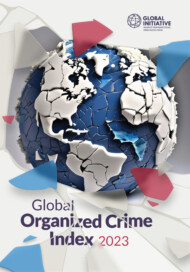Posted on 28 Oct 2024
What would the consequences of the potential cocaine and cannabis regulation in Rio de Janeiro be? This report dives into analyzing these potential impacts in a city long plagued by violence linked to drug trafficking and social inequality. With the recent decriminalization of cannabis possession in June 2024, this study explores whether broader drug regulation can reduce violence, dismantle organized crime, and alleviate mass incarceration in the favelas.
The report highlights the entrenched role of organized crime, including drug factions and militias, in Rio’s urban landscape. These groups have expanded their influence, with militias now controlling half of the territories once dominated by drug traffickers. Their income increasingly comes from extortion rather than drugs, raising questions about whether drug regulation would make a meaningful dent in violence. Militias have mastered the art of racketeering, taxing basic services like water and electricity and even engaging in real estate takeovers.
Despite public security policies focused on aggressive police raids, these operations have exacerbated violence rather than curbing it. Between 2002 and 2022, police in Rio killed over 21,500 people, often in favelas, with little accountability. Grillo’s report argues that the war on drugs has become a tool for social control, disproportionately targeting impoverished Black youth.
Legalizing cocaine and cannabis could reduce incarceration rates, with almost 30% of Rio’s prison population currently held on drug-related charges. However, this reform alone will not address deeper systemic issues, such as institutional racism, social inequality, and police violence. Grillo emphasizes that meaningful change requires a broader approach, combining regulation with investments in education, employment, and sustainable development policies.
This report urges policymakers to consider regulation not as a cure-all but as a critical first step toward dismantling the violent economies controlling Rio’s favelas.
